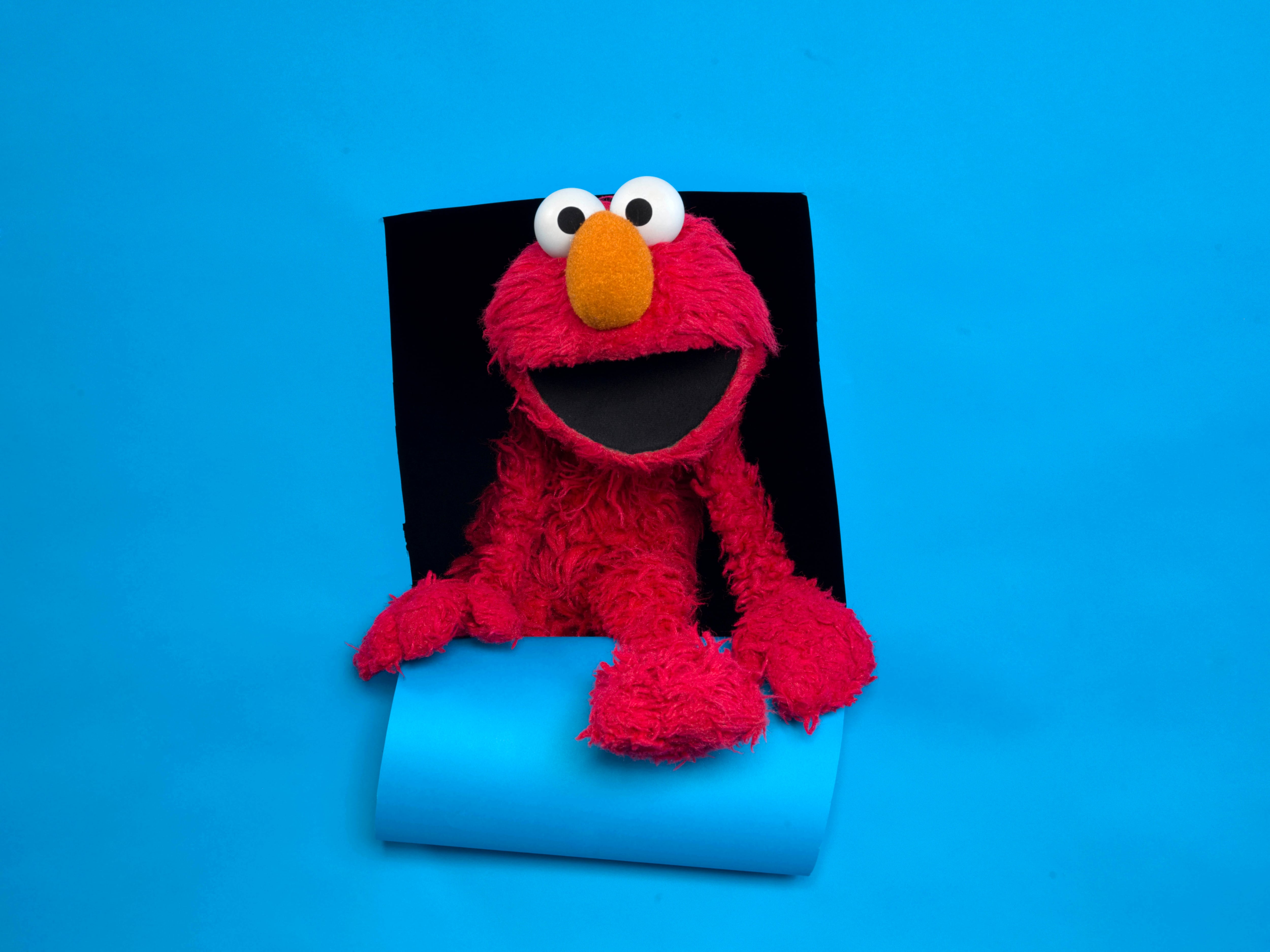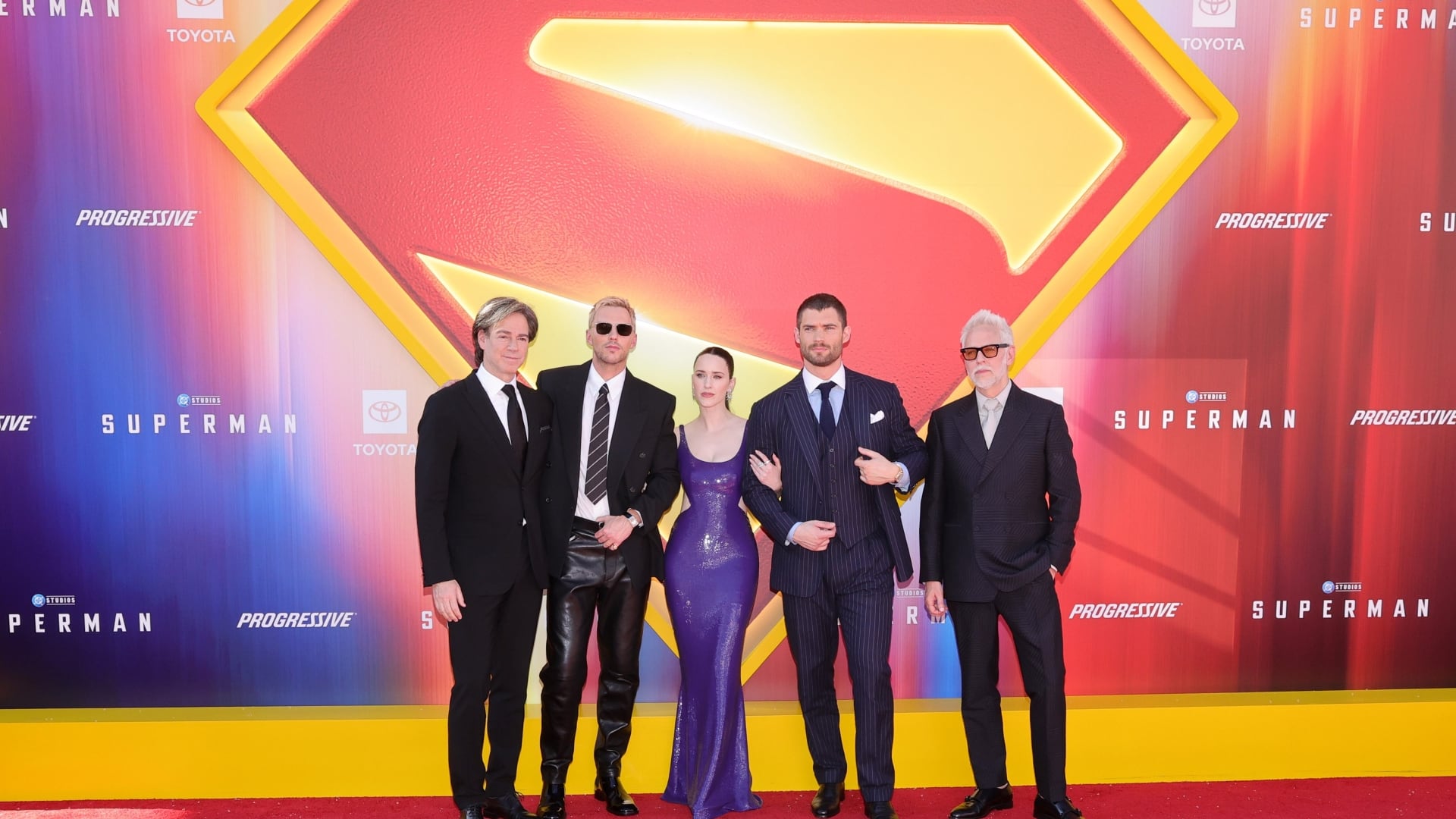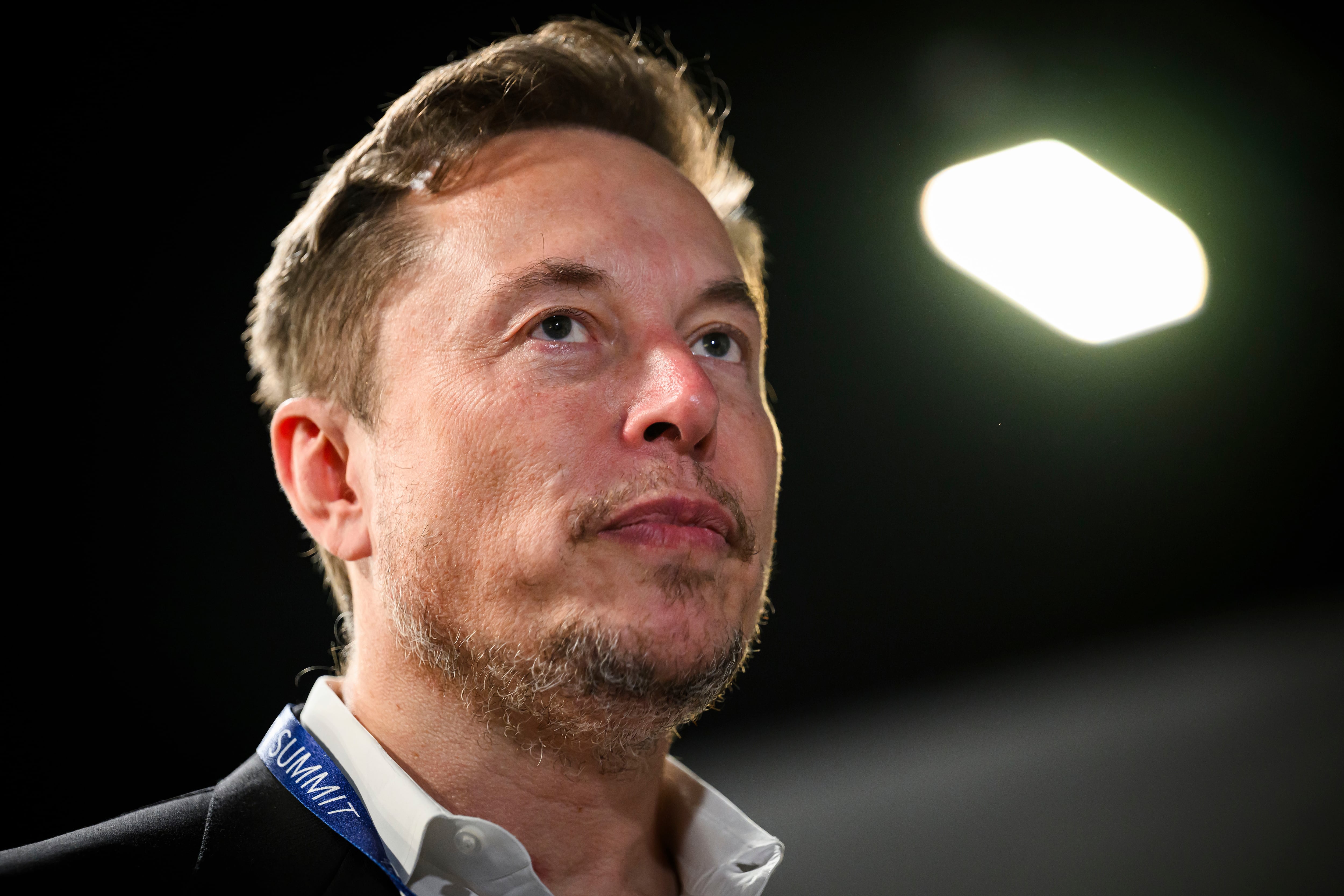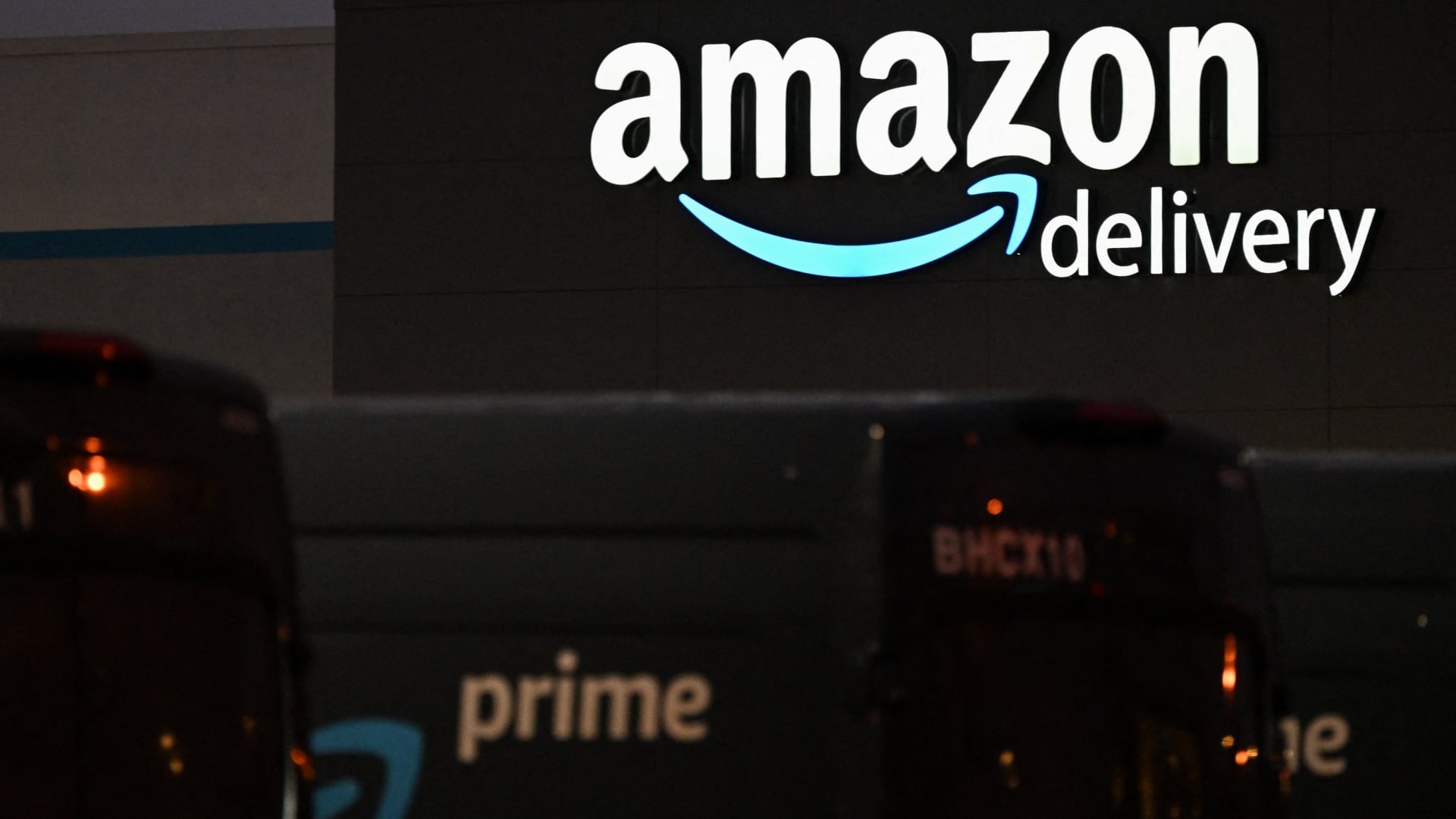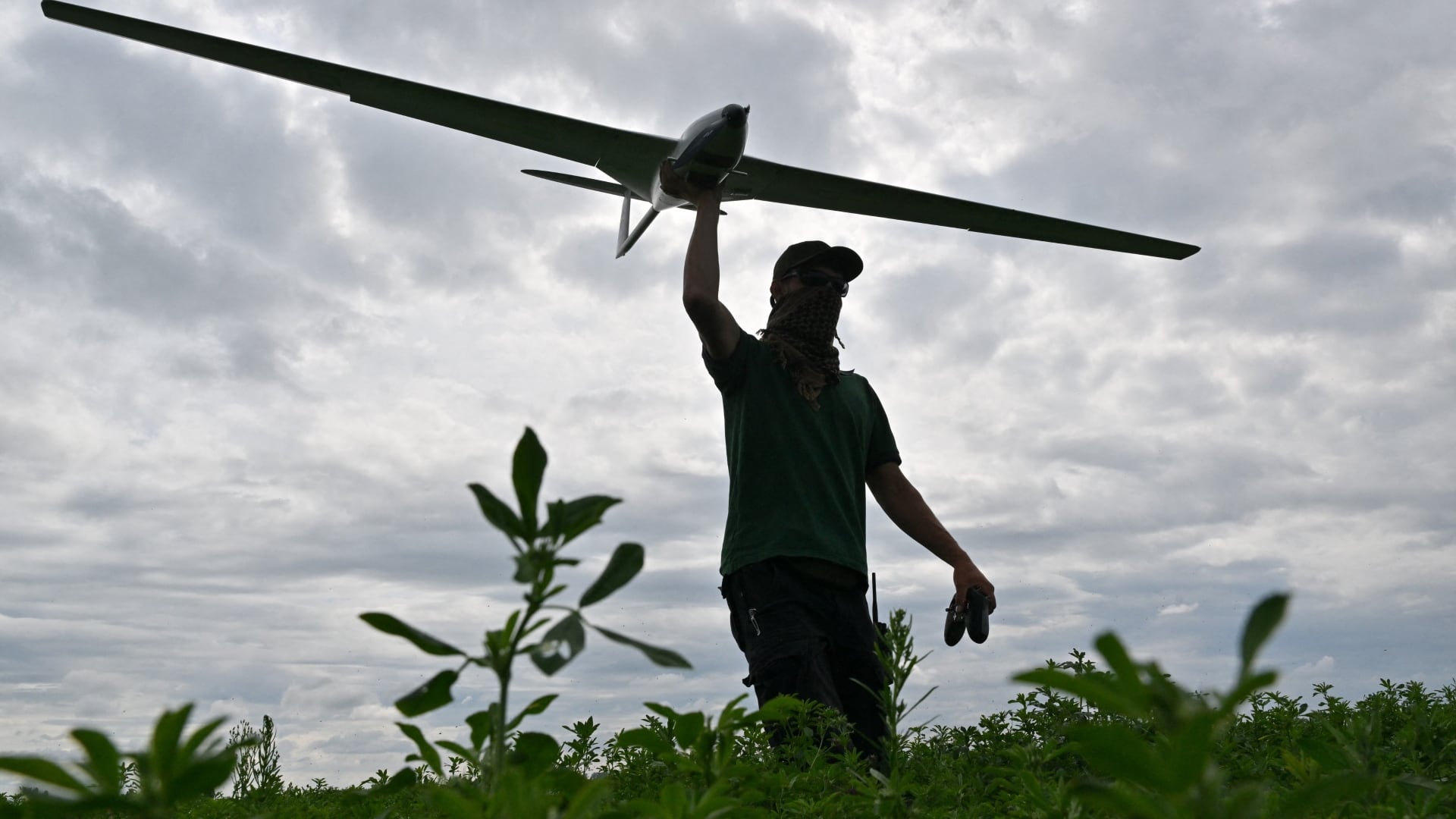If you've ever seen one of those internet ads with irresistible clickbait-y headlines like "This Is the Internet's Favorite Coupon Trick" or "18 Child Stars Who Grew Up to Be Super Attractive," you've interacted with one of two major players in a small but growing advertising niche known as "chumbox" advertising.
Now those companies, Outbrain and Taboola, are merging to pool resources and compete in a digital ad landscape increasingly dominated by two other players: Facebook and Google.
The deal was a long time coming, said Adam Singolda, the founder and CEO of Taboola, who will run the combined company under the Taboola brand. "We have a better chance together than independently."
Outbrain shareholders will be paid $250 million in cash and receive 30 percent of the combined company. Outbrain and Taboola have combined revenue of $2 billion, Singolda said.
That $2 billion is but a tiny slice of a $300 billion digital ad market that is majority controlled by Google, Facebook, and, increasingly, Amazon. Those three companies now collect about 70 percent of digital advertising, according to eMarketer.
And while chumbox ads may get a bad rap, they work. Singolda says the model is attractive to big publishers, particularly media companies, who find it hard to turn down the cut they get for hosting the ads. For advertising partners, "you're getting the clout of the editorial environment" on a site like CNN or Business Insider, which he said is often more attractive than a social feed. He said Taboola has strict guidelines for the ads it runs and they are reviewed by a team of employees, not algorithms. More than 80 percent of news websites used chumbox ads, according to a 2016 report.
While the ubiquitous ads may not be glamorous, they are profitable. And in a year that saw a series of high-profile IPOs and almost-IPOs fumble over questions of profitability, the kind of consistent growth and free cash flow ー "boring financials," as Singolda called it ー that the new Taboola will provide is significant. The company is private, but Singolda did not rule out an IPO or a sale, eventually.
For now, the merger allows Singolda and his team a better chance at fighting for a bigger slice of the digital advertising pie.
And you'll never guess what happens next...
